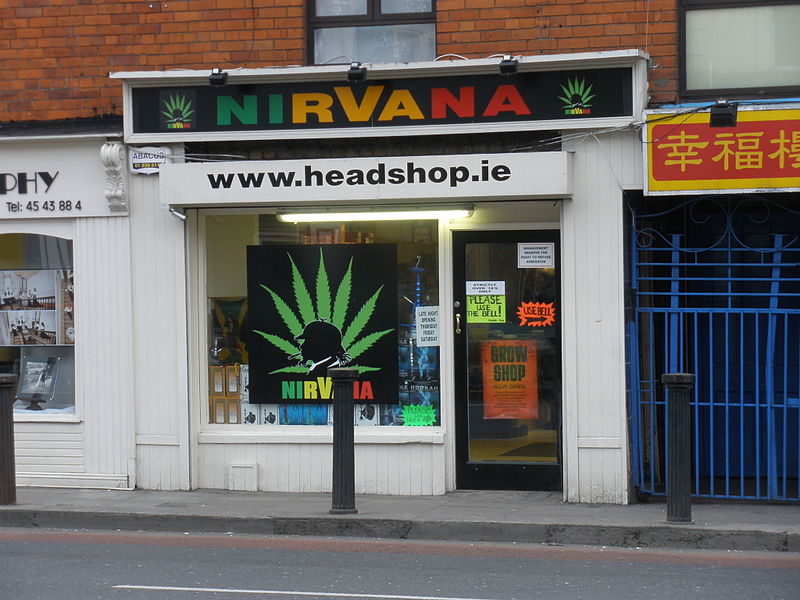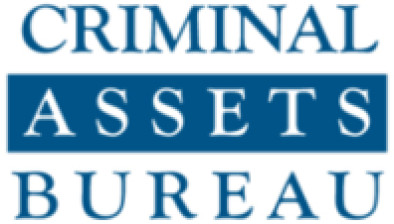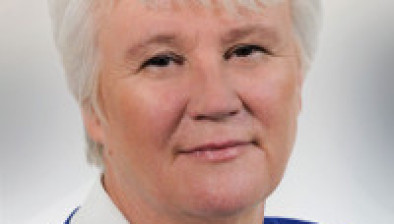Controversial ban on new psychoactive substances succeeds in reducing health problems

Photo by O'Dea,
CC-BY-SA 4.0
A controversial ban on the sale of new psychoactive substances (NPS) in Ireland has succeeded in reducing health problems associated with their use, according to new research.
In an article published by the journal Early Intervention in Psychiatry, researchers said the 2010 ban was followed by head shop closures and a sharp reversal in the then-increasing rate of drug-related psychiatric admissions (DRPA).
The Criminal Justice (Psychoactive Substances) Act 2010 provides that “a person who sells a psychoactive substance knowing or being reckless as to whether that substance is being acquired or supplied for human consumption shall be guilty of an offence”.
Although the Government had already moved to criminalise over 100 new psychoactive substances under existing drugs legislation, which led to the closure of around half of Ireland’s head shops, researchers say the 2010 Act was “the nail in the coffin”.
The Irish legislation later inspired the Psychoactive Substances Act 2016 in the UK which, like the Irish law, was criticised during the legislative process by sociology and drugs policy experts who warned it could turn NPS users to the black market.
However, Dr Bobby Smyth, lead author of the article, told Irish Legal News that the legislation appeared in retrospect to be “both warranted and, more importantly, effective”.
He continued: “The Criminal Justice (Psychoactive Substances) Act in August 2010 was the nail in the coffin for the head shops which refused to close following the changes to the Misuse of Drugs Act. This was a novel response. There were concerns that it would prove difficult to prosecute in court, as it was a little unclear how you could prove that a new substance was ‘psychoactive’.
“However, it seems to have had the desired deterrent effect and the entrepreneurs who gone into the head shop business decided not to take their chances in court. It is my understanding that there have in fact been one or two prosecutions under this Act over the following few years.”
Dr Smyth added: “The good news is that the head shops have not returned. While new psychoactive substances do still appear occasionally via the black market, the extent of health problems related to their use remains at the low levels found in 2012.
“There is no legislative method to eliminating the harms which arise from drug use. While the approaches used in Ireland in 2010 were widely criticised at the time, and were quite ‘prohibitionist’ in their construction, they appear to have been broadly effective.”











